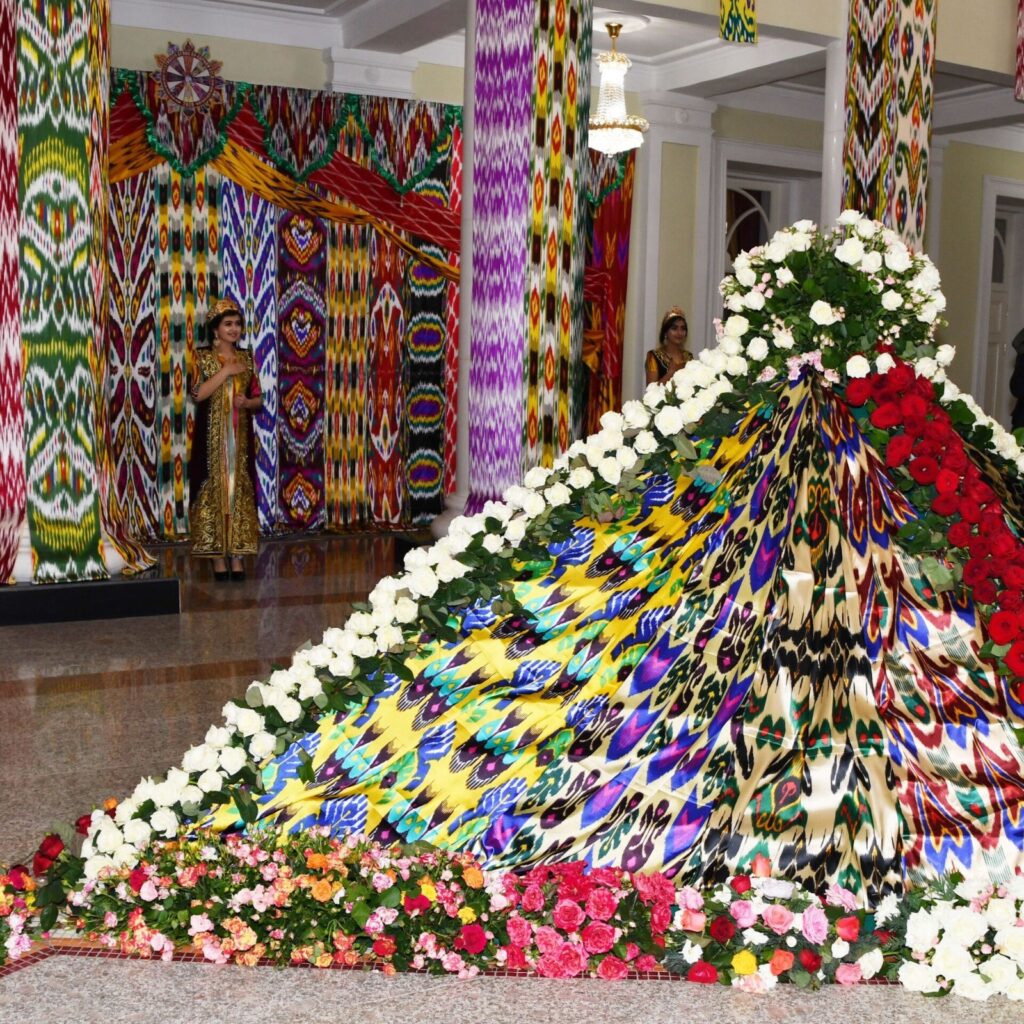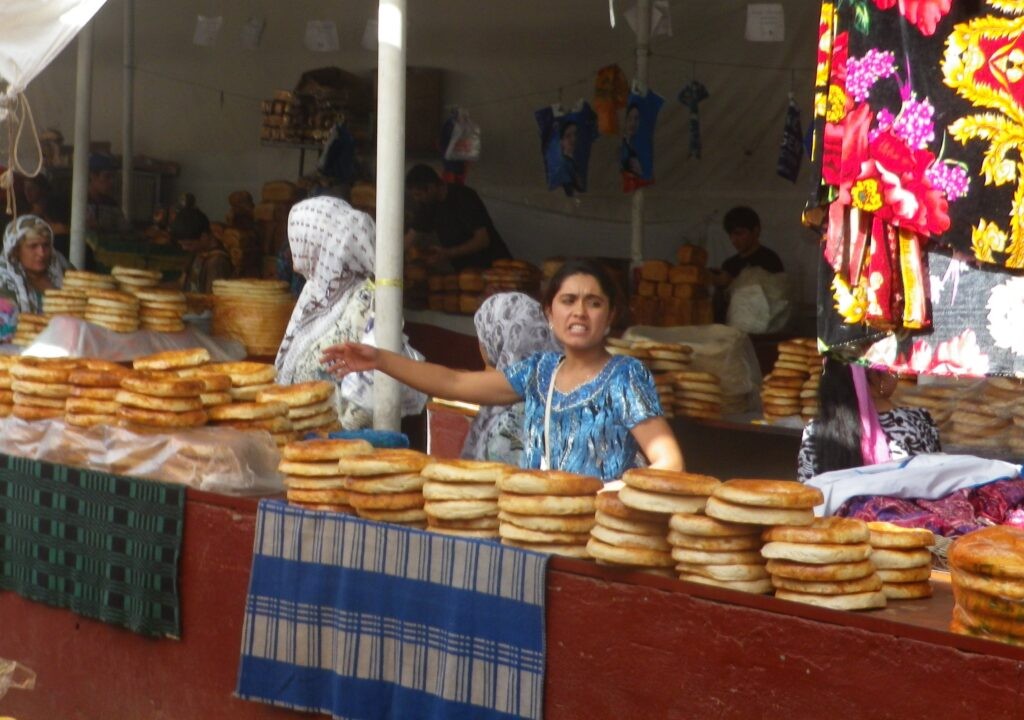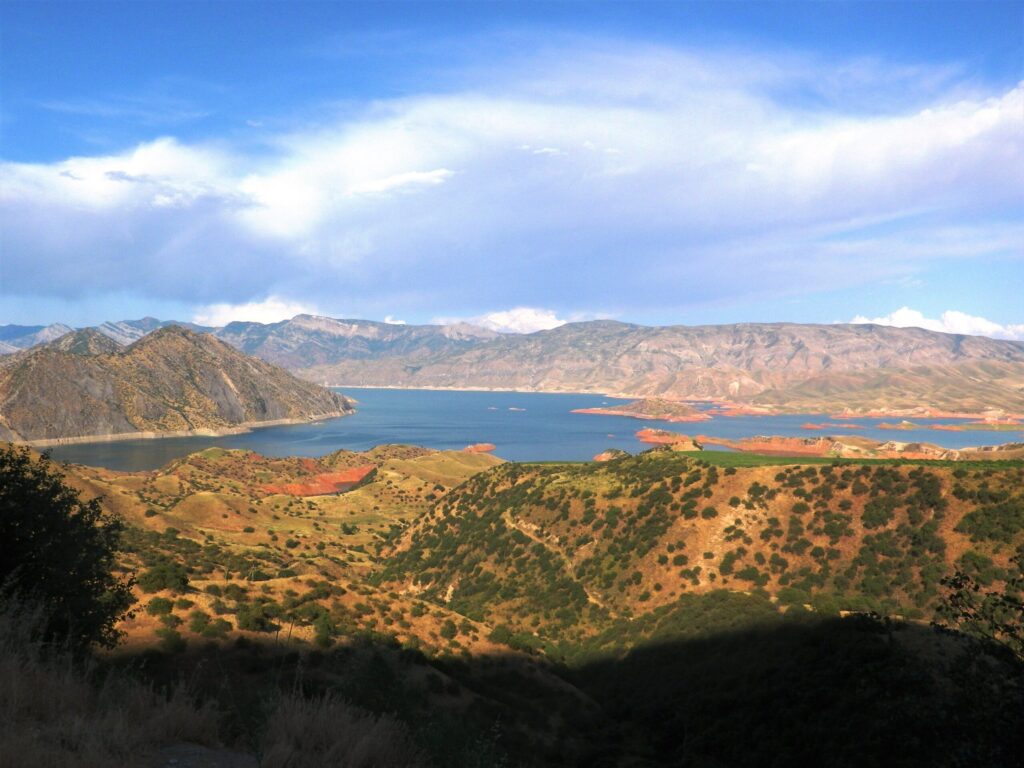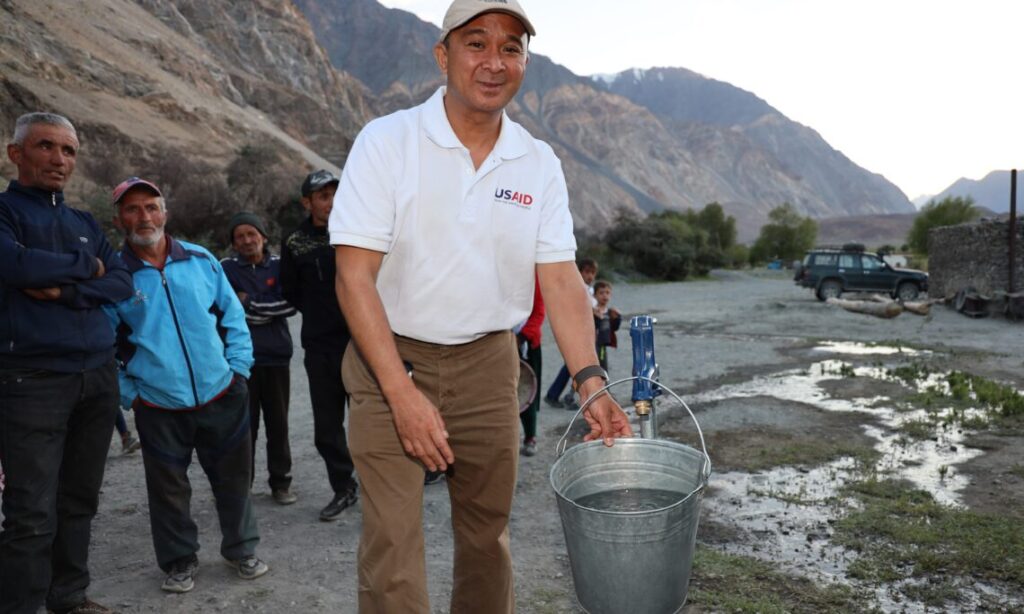ADB $40 Million Grant to Strengthen STEM Secondary Education in Tajikistan
The Asian Development Bank (ADB) on December 8th approved a $40 million grant to help the Government of Tajikistan strengthen science, technology, engineering, and mathematics (STEM) subjects in secondary education, including developing climate change awareness and promoting girls’ participation in STEM studies, the ABD announced in a news release on its website. “Enhancing STEM education is vital for preparing students for sectors such as transport, manufacturing, construction, and information and communication technology, which will contribute significantly to poverty reduction and sustainable development in Tajikistan,” said ADB Director General for Central and West Asia Yevgeniy Zhukov. “As Tajikistan is highly vulnerable to climate impacts, it is also essential to integrate climate change knowledge and best practices into general education to strengthen the country’s resilience against climate-induced hazards.” The project will improve STEM teaching and learning methods in Grades 5–11 by adopting a skills-based approach that will help students develop abilities such as critical analysis and collaboration to enable them to solve real-world problems. It will train STEM teachers and modernize learning materials. The project will upgrade the facilities of 20 selected schools in four regions and improve school management. It will also support the inclusion of climate change-related topics into the STEM curricula and learning materials. The project will directly benefit 11,500 students—including 5,600 girls—in targeted schools, as well as about 4,000 STEM teachers and college students training to become STEM teachers, education officials, school management staff, and communities in project areas. “We are the first development partner to help Tajikistan tackle its STEM teachers’ shortage, integrate climate change into secondary education, and shape an enabling environment for girls and women to pursue STEM fields,” said ADB Principal Social Sector Specialist Xin Long. “To expand girls’ participation in STEM studies and help steer more women’s careers towards high-productivity sectors, the project will offer stipends and scholarships to girls studying at the schools and higher education institutions targeted by the project. It will also prioritize women STEM teachers and teacher candidates for information and communication technology courses.”








